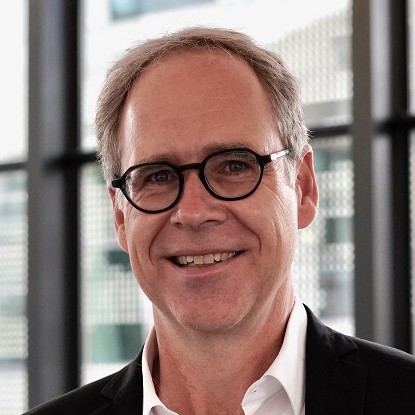Dr Qingwen Dai
Age: 32
My research areas: thermocapillary migration of liquid, micro-nano functional surfaces design, and heat & mass transfer in tribology.
Name of my University / Research Institute: Nanjing University of Aeronautics and Astronautics, China
Research period at the TU Darmstadt: October 2021 to September 2023 (Humboldt Fellowship for Experienced Researchers)
My field of research is fascinating. The best way to explain it to non-specialists is…
My research is in the area of tribology, especially in the fundamentals, evaluations, and regulations of the thermocapillary migration of liquids. Liquid motion at the surface/interface under external fields is fascinating and controlling it is full of challenges. My ultimate goal to propose a comprehensive manipulation strategy on thermocapillary migration and establish general guidelines for modern tribo-systems, microfluidics, condensation and heat-transfer devices exposed to thermal gradients.
What research questions are you currently working on?
I am currently working on the topic of wall-less microfluidics. Microfluidic technology can manipulate small volumes of fluids to control chemical, biological, and physical processes. Traditional microfluidics relies on single- or two-phase flow in microchannels, the channel walls have a detrimental influence on microfluidic operations such as adsorbtion, precipitation, and pressure loss. To overcome these limitations, I am trying to establish wall-less microfluidics based on liquid-liquid interfaces stabilized by electric fields.
My most important success in research to date is…
… that after several discussion with Prof. Hardt, I have established a primary experimental setup to verify the feasibility of the design principle of wall-less microfluidics stabilized by electric fields. Although it is still an open channel, I am making progress in the right direction.
What innovative developments are you expecting in your field of research in the next few years?
My research proposal is to demonstrate a new principle of wall-less microfluidics. Taking advantage of wall-less microfluidic systems promises to eliminate some key disadvantages of traditional microfluidics. If the wall-less microfluidic operations (pumping, mixing, particle transport and etc.) and their stability are verified, they could open new perspectives for commercial applications of microfluidics in the future.
I became a researcher because …
… doing research is at the heart of my interests and my long-term dream. It provides an enjoyable spirit and true happiness. Nothing is better than breaking through the cognitive boundaries of myself in the process of research.
I have chosen TU Darmstadt …
… because its engineering discipline is world famous, and more importantly, Prof. Steffen Hardt has accomplished significant achievements in transport phenomena in fluids on the nano- and micrometer scale, and the institute for Nano- and Microfluidics (NMF) is equipped with plenty top advanced experimental facilities. Doing research in this group would not only widen my research perspective, but also provides more possibilities of my research career.
Questionnaire for the host
Guest of: Professor Dr Steffen Hardt
Department: Mechanical Engineering
What did you appreciate most about your guest or what is it that impressed you most favourably …
Dr Dai is a very efficient scientist who can produce significant results very fast. Where other researcher still plan their work, Dr Dai has already started it and has sometimes even produced first results.
You, your team and TU Darmstadt benefit from your guest’s …
… efficiency, hands-on mentality, dedication to science and sense of humour.







